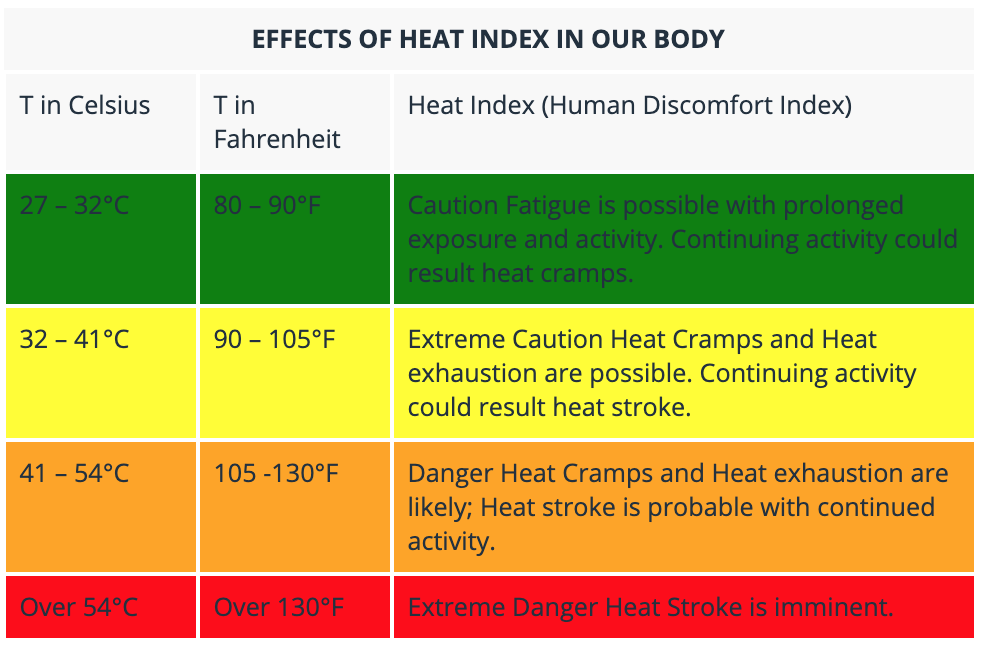MMDA imposes 30-minute ‘heat stroke break’ for traffic enforcers, street sweepers
The Metropolitan Manila Development Authority has imposed a 30-minute "heat stroke break" for traffic enforcers and street sweepers during this dry season.
According to Mark Salazar's report on "24 Oras" on Thursday, each employee will get a 30-minute break daily, depending on their shift.
Those working from 5 a.m. to 1 p.m. may take their break from 10 a.m. to 10:30 a.m., or between 10:30 a.m. to 11 a.m.
Those on duty from 1 p.m. to 9 p.m. may take their break from 2:30 p.m. to 3 p.m., or 3:30 p.m. to 4 p.m.
Employees on a 2 p.m. to 10 p.m. shift may take their break from 3 p.m. to 3:30 p.m., or 3:30 p.m. to 4 p.m.
"Kasi mayroon naman tayong ibang kasamahan dito na puwedeng pumalit sa atin habang nagpapahinga ka kung nakaramdam ka ng 'di maganda," Manuel Forbes, a traffic enforcer, said.
(There are others who can take your shift while you're resting if you're not feeling well.)
Several cities across the Philippines on Thursday registered a heat index above 41 degrees Celsius. At this level, PAGASA said, "heat cramps and heat exhaustion are likely" and that "heat stroke is probable with continued activity."
The heat index is the measure of the temperature that a person feels, and is essentially the "apparent" temperature felt by the human body, computed by factoring in the humidity as well as the ambient dry bulb temperature (what we usually think of as air temperature in general).

PAGASA's tips on lowering one's heat index include:
- Stay indoors as much as possible. If air conditioning is not available, stay on the lowest floor out of the sunshine.
- Wear lightweight and light-colored clothing. Light colors will reflect the sun's energy.
- Drink plenty of water regularly. The body needs water to keep cool.
- Water is the safest liquid to drink during heat emergencies. Avoid drinking liquor because it dehydrates the body.
- Eat small meals. However, eat more often. Avoid eating foods high in protein which can increase metabolic heat.
— Ma. Angelica Garcia/BM, GMA News



